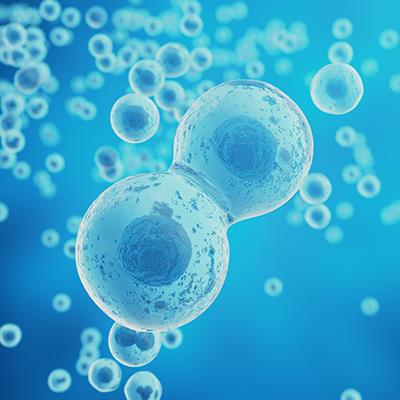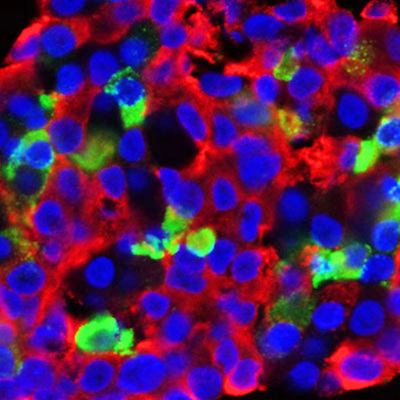November 2, 2022 -- An international team of scientists has shown that the gene Wnt Family Member 4 (WNT4) in beta cells enables them to sense glucose and release the hormone insulin, enabling other cells in the body to store glucose.
In their study, published October 21 in the journal Nature Comunications, the researchers contend their findings could help in the future to create replacement beta cells for diabetes therapy with added WNT4 to promote maturation.
As the study's authors point out, diabetes is a multifactorial disorder characterized by loss or dysfunction of insulin-producing pancreatic beta cells, which communicate with other endocrine cell types through paracrine signals and between beta cells via gap junctions. They found that the gene WNT4 is expressed in beta cells during the maturation of the cell and that with less WNT4 the beta cells secrete less insulin.
"When we saw that mice without the gene WNT4 were becoming diabetic, we knew we had found something important, but we did not understand how it was acting," Anne Grapin-Botton, PhD, director of the Max Planck Institute for Cell Biology and Genetics and leader of the study, said in a statement.
The researchers say their results "reveal that paracrine signaling between β-cells is important in addition to gap junctions in controlling insulin secretion" and that "together with previous reports of WNT4 up-regulation in obesity" their observations "suggest an adaptive insulin response coordinating β-cells."
However, Grapin-Botton, noted that her team does not yet understand if beta cells release WNT4 constantly or under special circumstances, a mystery they will seek to explore in future research.
Copyright © 2022 scienceboard.net









